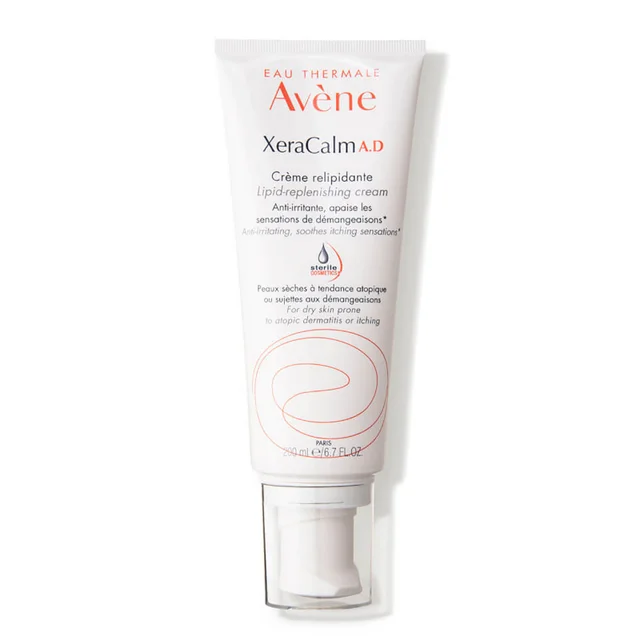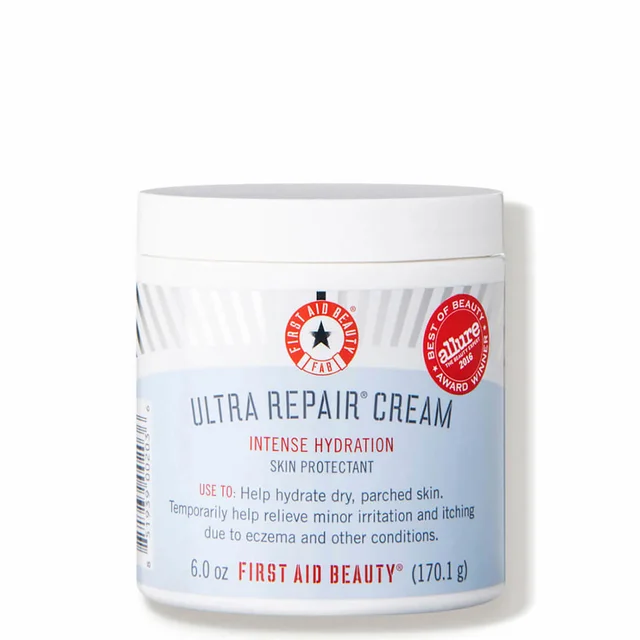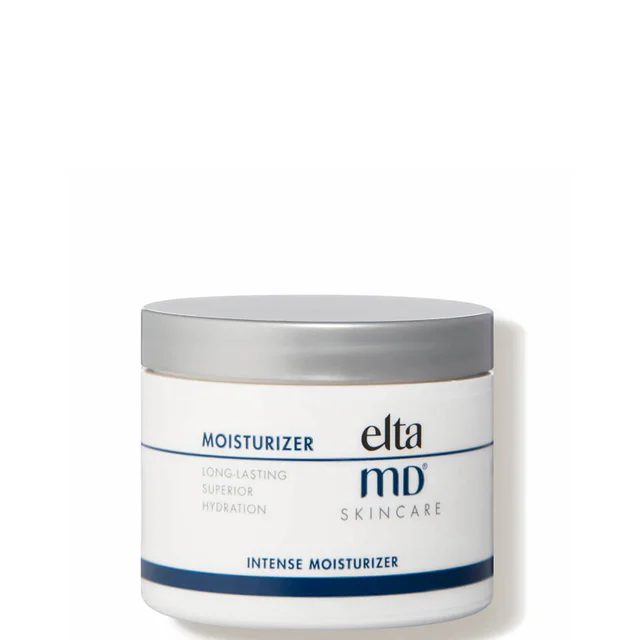Eczema 101: How to Know If You Have It and What You Can Do About It
Eczema, a rash-like skin condition which can show symptoms anywhere on the body, is present in 20 to 30% of Americans, most commonly found on infants and adults residing in dry climates. In simplest terms, eczema (also known as dermatitis) is a condition that causes a person’s skin to become red and itchy. It may start as a simple rash, but when scratched the skin becomes inflamed and even more red. While eczema typically first occurs during infancy and childhood, flare-ups can happen at any age.
While it may look a little unsettling at first and can certainly be frustrating, eczema is usually manageable. Read on for more information on what causes eczema, what it looks like—and most important—how to ease your symptoms.
Understanding Eczema: What Is It, and Can I Get Rid of It?
More than 30 million Americans struggle with a skin condition called eczema. Even though it appears in the form of itchy, flaky and dry skin, eczema is actually caused by too much yeast within the gut—explains Ben Johnson, M.D. The yeast/toxins get pushed out through the skin, which is when you’ll start noticing the symptoms. While there is currently no known cure for eczema, it is very possible to manage the symptoms. Here are a few recommendations that might help tame your eczema.
9 Ways to Prevent Eczema Flare-Ups
Often characterized by inflammation that causes the skin to become itchy, red, dry and extra-sensitive, eczema is more common than you think. While many factors can trigger symptoms—such as diet and chemicals—you shouldn’t have to tiptoe through life in fear of a flare-up. Here are a number of strategies and tips that can help you manage your condition.
What Are the Types of Eczema?
If you’re one of the millions of adults who suffers from eczema, you know it’s more than just an itchy nuisance. Where it’s located on your body and its potential causes can help you categorize the type you have. Identifying what kind of eczema you’re experiencing helps you better understand your condition and possible treatment options for an itch-free future.
What Is Psoriasis and How Does It Differ from Other Skin Conditions (Eczema or Skin Allergy)?
Not all that itches is eczema and not everything that’s scaly is necessarily psoriasis. Several conditions can mimic one another and cause red, inflamed and dry-appearing patches or plaques on the skin. Oftentimes, it’s hard to tell them apart. Luckily there are several features and clues that can help differentiate the three most common causes of inflamed skin, which include eczema (also called atopic dermatitis), psoriasis and contact dermatitis. Keep reading to find out the difference.
Why You Have Red, Itchy, Flaky Skin: Let Us Count the Ways
Does your unpredictable skin have you seeing red, with rough, flaky and scaly patches that are often itchy? You’re not alone. Almost half of the American population admits to having “sensitive” or “very sensitive” skin that often suffers from these symptoms. The good news is that by pinpointing the true cause of your condition, finding the best solution won’t be as daunting. See if any of these common skin conditions might be the reason behind the unexplained redness on your skin.
7 Lotions and Creams That Will Ease Your Eczema Symptoms
If you have eczema, you know that the cooling temps can mean major flare-ups for your skin. Eczema (a.k.a. atopic dermatitis) is a chronic skin condition that causes a dry, scaly, itchy rash—and the dry air of winter can exacerbate your symptoms. While there is currently no cure for eczema, diligent use of moisturizers, lotions and creams can help soothe your skin and ease your eczema symptoms. To learn more about how to choose the right skin care product for you—as well as how to take care of eczema-prone skin—we talked to the experts at First Aid Beauty.

Elise Minton Tabin is an award-winning beauty journalist, editor, and beauty expert with more than 16 years of experience. She previously held the title of Executive Beauty Editor at NewBeauty magazine, where she reported on beauty, plastic surgery, anti-aging, health and wellness. She was also instrumental in the launch of the beauty supplement brand Hush & Hush. A self-professed beauty junkie and retinol and sunscreen pusher, Elise knows what’s new, what works and who’s the best to go for every procedure under the sun. Follow Elise on Facebook, Instagram, and on her beauty blog, elisetabin.com









